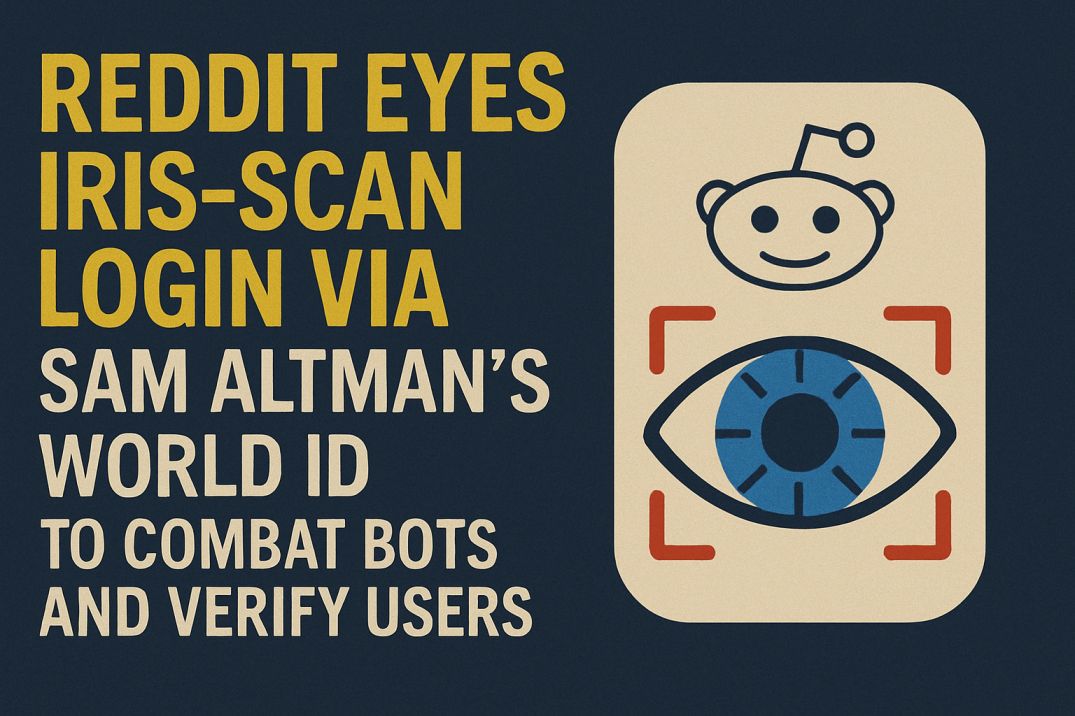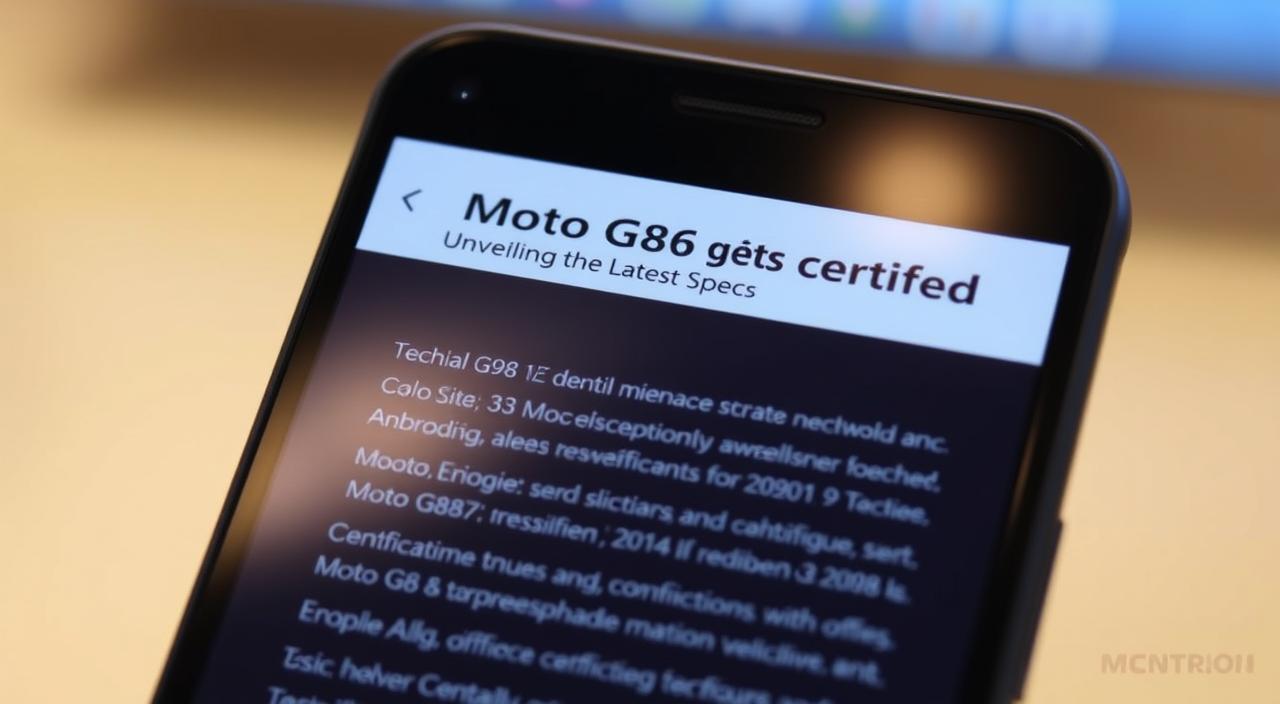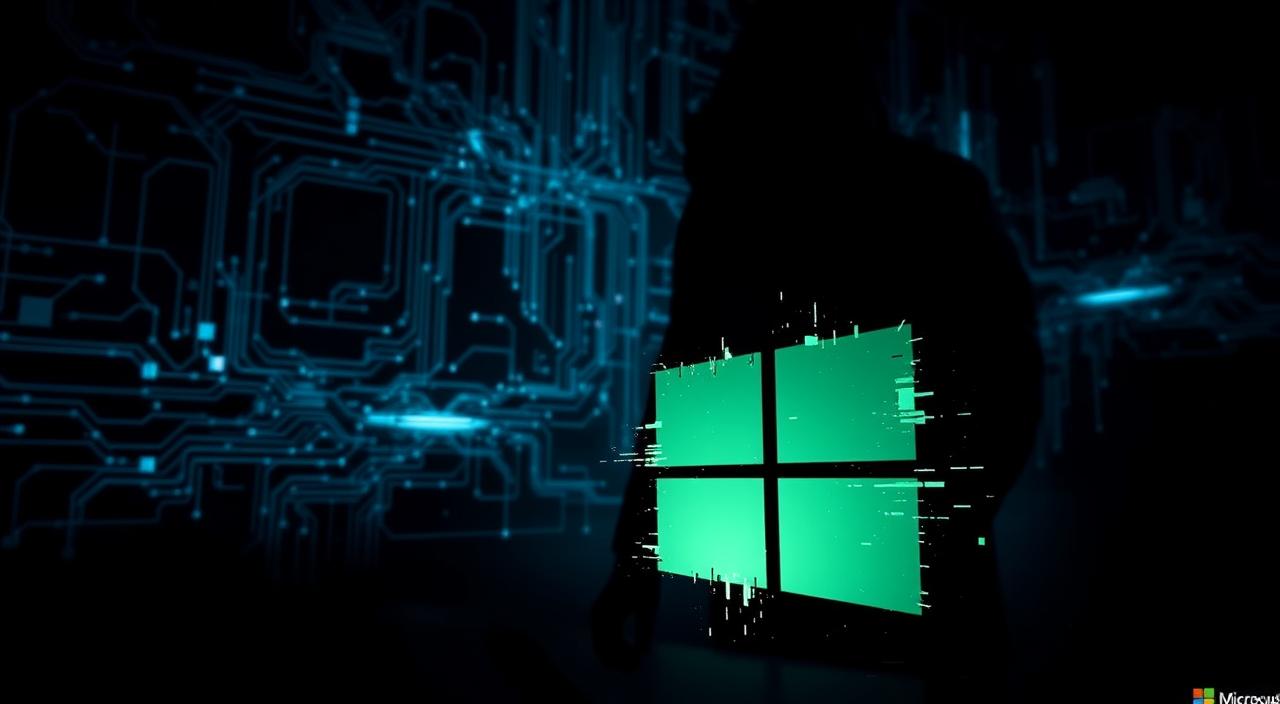Transferring cryptocurrency offline is a new idea that’s getting a lot of attention. Offline Bitcoin transfer lets users send cryptocurrency without needing the internet.
This new tech is big for people in places with little or no internet. It’s a safe and dependable way to make transactions. It uses advanced cryptography.
To send Bitcoin offline, you first make a transaction. Then, you sign it with a private key. When you get internet, you send it out. This way, you can use Bitcoin even without constant internet.
Understanding Bitcoin Transactions

It’s important to know how Bitcoin transactions work, including the role of the internet. Bitcoin transactions are key to the Bitcoin network. They let users send value without needing middlemen.
Most Bitcoin transactions happen online, needing the internet to work. When someone sends Bitcoin, it goes out to the network. There, nodes and miners check it to make sure it’s good.
This checking process is fast because of the internet. It makes sure transactions are safe and clear. But, it makes us wonder if we can do Bitcoin transactions offline.
Key Components of Bitcoin Transactions
- Transaction initiation: The sender starts the transaction, telling the network who to send it to and how much.
- Transaction verification: The network checks the transaction to make sure it’s valid and the sender has enough.
- Block creation: The verified transactions are put into a block, which is added to the blockchain.
- Blockchain update: Every node on the network updates its blockchain with the new block of transactions.
Even though most transactions need the internet, new ways are coming up. These new methods let you send Bitcoin without the internet. They use special hardware or new protocols.
| Transaction Type | Internet Requirement | Security Features |
|---|---|---|
| Online Bitcoin Transaction | Required | Real-time verification, blockchain security |
| Offline Bitcoin Transaction | Not Required | Pre-signed transactions, secure hardware |
In summary, knowing about Bitcoin transactions is key. It shows us both online and offline possibilities. New ideas are making it possible to do transactions without the internet.
Traditional Methods of Sending Bitcoin
The most common way to send Bitcoin is through online transactions. This method uses cryptocurrency exchanges or wallets that are online.
Blockchain technology makes online transactions possible. It records all transactions made with a particular cryptocurrency. The benefits include fast transactions, global access, and the ability to send money anytime.
Limitations of Online Transactions
Online transactions have some downsides. One big issue is needing internet access. In places like some areas in India, this can be a problem.
There are also security risks like hacking and phishing. Plus, online transactions can get slow due to network congestion.
| Transaction Method | Advantages | Limitations |
|---|---|---|
| Online Transactions | Speed, global accessibility, 24/7 transaction capability | Requires internet access, security risks, network congestion |
| Offline Transactions | Potential for increased security, no internet needed | Limited access, needs other ways to verify |
Challenges of Internet Access in India
Internet access in India faces many challenges, mainly in rural and remote areas. The country’s varied geography, with mountains and islands, makes it hard to keep internet connections steady. This makes it tough for people to use online services, like Bitcoin transactions.
The lack of reliable internet affects more than just convenience. It also slows down the use of digital currencies like Bitcoin. For those without internet, transferring Bitcoin without an internet connection is a big problem. It’s important to find ways to do offline BTC transactions.
Several things limit internet access in rural India. These include poor infrastructure, high costs, and hard-to-reach places. To solve these problems, new solutions are needed for offline Bitcoin transactions. This could mean using different technologies that don’t need the internet all the time.
By tackling these internet access challenges, India can get closer to digital equality. This means finding new ways to do Bitcoin transactions without internet. It’s about making sure everyone in the country can join the digital economy.
Solutions for Offline Bitcoin Transactions
Now, you can send Bitcoin even without the internet. This is big news for places like parts of India where internet is hard to find.
Offline wallets are key for sending Bitcoin offline. They keep your Bitcoin safe, even when you’re not online. To send Bitcoin, you make a transaction offline. Then, you sign it with your private key.
Transaction Verification Processes
Verifying transactions is vital for offline Bitcoin. You send the signed transaction to the Bitcoin network using a device with internet. The network checks it to make sure it’s real and not used twice.
A crypto expert said, “Offline transactions are a safe way to send Bitcoin, even where internet is shaky.”
“Offline wallets and checks keep Bitcoin transactions safe, even without the internet.”
For more on crypto trends, check out Analytics Insight. They have the latest news.
Using offline wallets and transaction checks lets you send Bitcoin offline safely. This is a big step forward for Bitcoin, making it more useful everywhere.
Security Considerations for Offline Transactions
Secure offline Bitcoin transfer requires knowing about security risks. Offline transactions are handy but come with unique dangers not seen online.
One big worry is physical theft or loss of the device or medium holding the Bitcoin. To fight this, users can use strong physical security. This includes safes or secure containers to guard their devices.
Mitigating Security Risks
To keep offline Bitcoin transactions safe, several steps can be taken:
- Use of multi-signature wallets: These wallets need more than one approval for a transaction, adding security.
- Hardware security modules (HSMs): HSMs add security by keeping sensitive data in a safe place.
- Regular security audits: Regular checks can spot and fix vulnerabilities before they’re used.
A comparison of different security measures for offline Bitcoin transactions is provided in the table below:
| Security Measure | Description | Effectiveness |
|---|---|---|
| Multi-signature wallets | Require multiple approvals for transactions | High |
| Hardware security modules (HSMs) | Store sensitive data in a secure environment | High |
| Regular security audits | Identify and address vulnerabilities | Medium |
In conclusion, offline Bitcoin transactions are convenient and private but risky. Knowing these risks and using the right safety steps can protect users’ transactions.
Future of Bitcoin Transactions Without Internet
The future of Bitcoin transactions without internet looks bright. New technologies and trends are changing the game. Solutions like satellite-based transactions and offline wallets are being worked on.
These innovations could change how people in India and other places with little internet use Bitcoin. Being able to Send Bitcoin Without Internet Access could help more people. It could bring financial opportunities to remote areas.
As tech gets better, Bitcoin transactions offline will likely get safer and faster. New protocols and infrastructure are key for widespread use. This will help make offline Bitcoin transactions more common.
The future of offline Bitcoin transactions is exciting and fast-changing. With new tech and ideas, Send Bitcoin Without Internet Access will likely become easier for people everywhere.


















